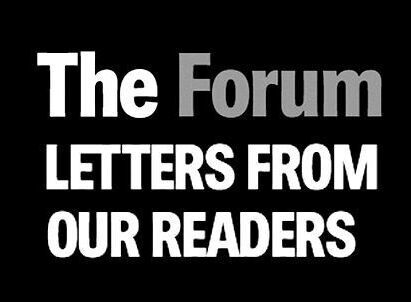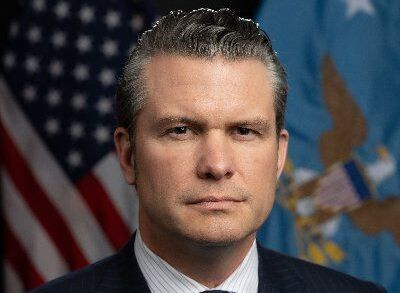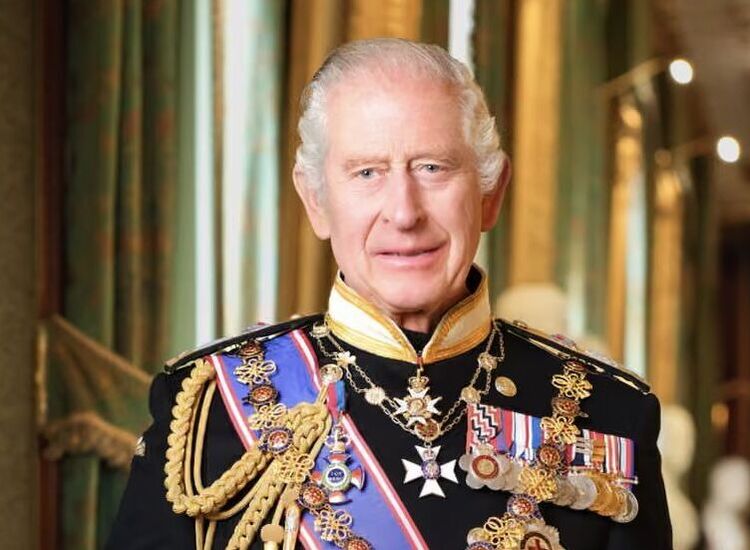[caption id="attachment_70258" align="aligncenter" width="600" caption="John Flaherty's Yes Network job has him still working at Yankee Stadium. "]
Amid an aural sea of hip hop, salsa, and Hideki Matsui's Beatle tunes, the Celtic rock of Black 47's "Rockin' the Bronx" provided a distinctive accompaniment when John Flaherty strode to the plate at Yankee Stadium in the mid 2000s.
The Yankee's back-up catcher had been looking for a way to pay tribute to his Irish heritage when the Bombers' bullpen catcher played him the song.
"Right then," Flaherty told himself, "that's it, that's exactly what I'm looking for."
While players can choose their own walk up music, this was a first for Flaherty in more than a decade in the major leagues.
"When I played a game," Flaherty explained, "I was locked in, I wasn't listening to the music. But I thought that was perfect, and I got some great feedback from the Irish community about it."
Born in the Fordham Road section of the Bronx in 1968, the future catcher moved with his family up to West Nyack in Rockland County when he was just three months old.
It took a while, but 35 years later Flaherty found his way back to the borough of his birth, signing with the Yankees for the 2003 season.
Selected in the 25th round of the 1998 draft, Flaherty left George Washington University to sign with the Boston Red Sox. Although playing in the major leagues was Flaherty's goal, the decision was anything but simple.
"My mom had passed away a few months before the draft," Flaherty remembers.
"My dad said, look, your mom always wanted you to go to college, that's all she cared about."
If he was going to sign with Boston, Flaherty, would have to make a promise to his father to complete his college degree. He made that promise, and kept it, earning his sheepskin during two minor league off seasons.
Flaherty counts his graduation as, "one of my proudest moments."
That degree gave Flaherty a boost in his climb through the Red Sox minor league system.
"I never thought I would make it and having that college degree took a lot of pressure off of me," Flaherty recalls.
"For a lot of the other kids, making it in the big leagues was all they had. My perspective was, if it happens, great, if it doesn't, I'm going to be just fine."
Of course, Flaherty did make it, earning a call up to the big club in Boston in 1992. Flaherty saw time with the Bosox that season and the next, before being shipped to Detroit for the 1994 campaign.
Flaherty describes himself as being "devastated," by the trade.
"I was just a young kid, so I didn't understand the business side of it. You feel a sense of loyalty to that first team that gives you a shot."
Compounding the young catcher's disappointment was the sense that Boston was the perfect fit.
"When you have the name Flaherty, and you're playing in Boston," he said, "it's a pretty good set up."
After the shock of the trade wore off, Flaherty realized that Detroit, "was a great place to play."
Hall of Fame manager Sparky Anderson gave him a chance to play regularly and Flaherty believes that, "the two-and-a-half years in Detroit really established me as a big leaguer."
Flaherty called San Diego home in 1996 and 1997 before joining the expansion Tampa Bay Devil Rays. The man known as "Flash," a nickname he picked up in Boston, was the number one catcher for his clubs throughout those seasons, this before platooning his last two years in Tampa.
Flash made his mark in San Diego with a 27 game hitting streak, the third longest such streak by a catcher in Major League Baseball history.
Flaherty felt the pressure when he joined the Padres.
"San Diego were competing for the National League West, and they gave up a very good catcher, Brad Ausmus, to get me."
A slow start with his new club led hitting coach Merv Rettmund to make a few changes with the new arrival's swing.
"It felt like the game slowed down for me," Flaherty recalls. "For the first time, it really felt that I was dictating what I wanted to do at the plate.
"I remember I got to 25 games and Tony Gwynn (Hall of Famer) said, well, you just blew me out of the water."
Incredulous still, Flaherty says, "that was just one of those moments when you say, I'm not supposed to be doing this."
Flaherty hated to leave San Diego for the nascent Tampa Bay franchise, but there was one silver lining. With his wife expecting their first child, the couple happened to be in the process of building a new home in Tampa.
Flaherty was behind the plate for the new team's first ever game and posted career highs in home runs and runs batted in 1999. Although Tampa didn't win many games in those early years, Flaherty pronounces himself, "proud of the five years I put in there at the start of the franchise."
With his young family nearby, Flaherty enjoyed his time in Tampa Bay, but with Tampa going with younger players, Flaherty was looking to latch on with a contender - and the Yankees, no surprise, were firmly in that category.
With a chance at the post season, Flaherty had no trouble accepting a back up role.
"To be honest," he confesses, "at that point in my career I was a better player, playing once or twice a week."
Much of that playing time came in his role as Randy Johnson's personal catcher. The 6'10" lefty was nearly as well known for his intimidating demeanor on the mound as for his 100 m.p.h. fastball, and Flaherty can't help but chuckle recalling how he came to get the assignment.
Current Yankee manager Joe Girardi, then bench coach for Joe Torre, came to Flaherty to ask, "if I can scream and yell at Randy Johnson for nine innings, and I said I have no problem with that."
To catch Johnson, Flaherty had to match the pitcher's intensity.
"Joe Torre told me, you've got to go to Broadway. You've got to play that role."
Flaherty took on a different role for the 2006 season, this time in front of the camera, when he joined the Yes network.
At the close of the 2005 season when, "the Yankees didn't want me anymore," Flaherty signed once more with Boston.
Bringing his career full circle appealed to Flaherty, but when he reported to spring training, "I knew I didn't want to be there."
With his family back in New York, Flaherty realized, "it was time to walk away."
With the benefit of hindsight he has no regrets. "I got everything out of my career that I ever thought I could," he says
In his new career with Yes, Flaherty covers 70 games a year, working most often with play-by-play man Michael Kay.
Kay is enthusiastic in talking about his broadcast partner, calling him, "outstanding at what he does."
Kay describes his perfect broadcast as, "two guys in the stands, watching a game and talking about it," and says that, "when he sat down, it was like he was meant to do it."
Flaherty credits former broadcaster and major league pitcher, Jim Kaat, with helping to shape his approach.
"The first game I ever did was with Kitty, and being an ex-catcher I showed up with a folder full of notes, and homework and I was ready." Flaherty remembers the veteran calmly drinking a cup of coffee, looking out over the field, before nodding at Flaherty's notes.
"He looked down," Flaherty recalls, "and said, what's that."
The novice broadcaster eagerly reported that he had done his research and was ready to go. What he wasn't ready for was his new partners reaction, which was to tell him take his folder and, "shove it."
Kaat explained his philosophy. "John, you and I are at a bar, having a beer, watching a game. And we're going to talk. That's it."
Flaherty believes that, "Kitty helped me out a lot, to relax and just go for it."
Yes rotates its broadcasters and Flaherty often works along side fellow Irish American Baseball Hall of Fame member Paul O'Neill.
Former Yankee great and 2009 IABHF inductee O'Neill says: "it's great working with Flash. Because he's a catcher, he brings something different, so it works out great."
The Irish American Baseball Hall of Fame, located as it is in Foley's Bar in midtown Manhattan, is hardly Cooperstown; still Flaherty appreciates the accolade.
Selected to the initial class, or, "Starting Nine", Flaherty dubs the honor, "a nice thing."
"I'm very proud of my Irish heritage so I was honored," he says.
Flaherty, who traces that heritage to his paternal grandfather who emigrated to the Bronx from Kerry, says that, "anytime someone mentions my last name I've always been proud of it and I have always tried to represent it the right way.
"Something like that," he reckons, "made me feel like maybe I did a pretty good job."









